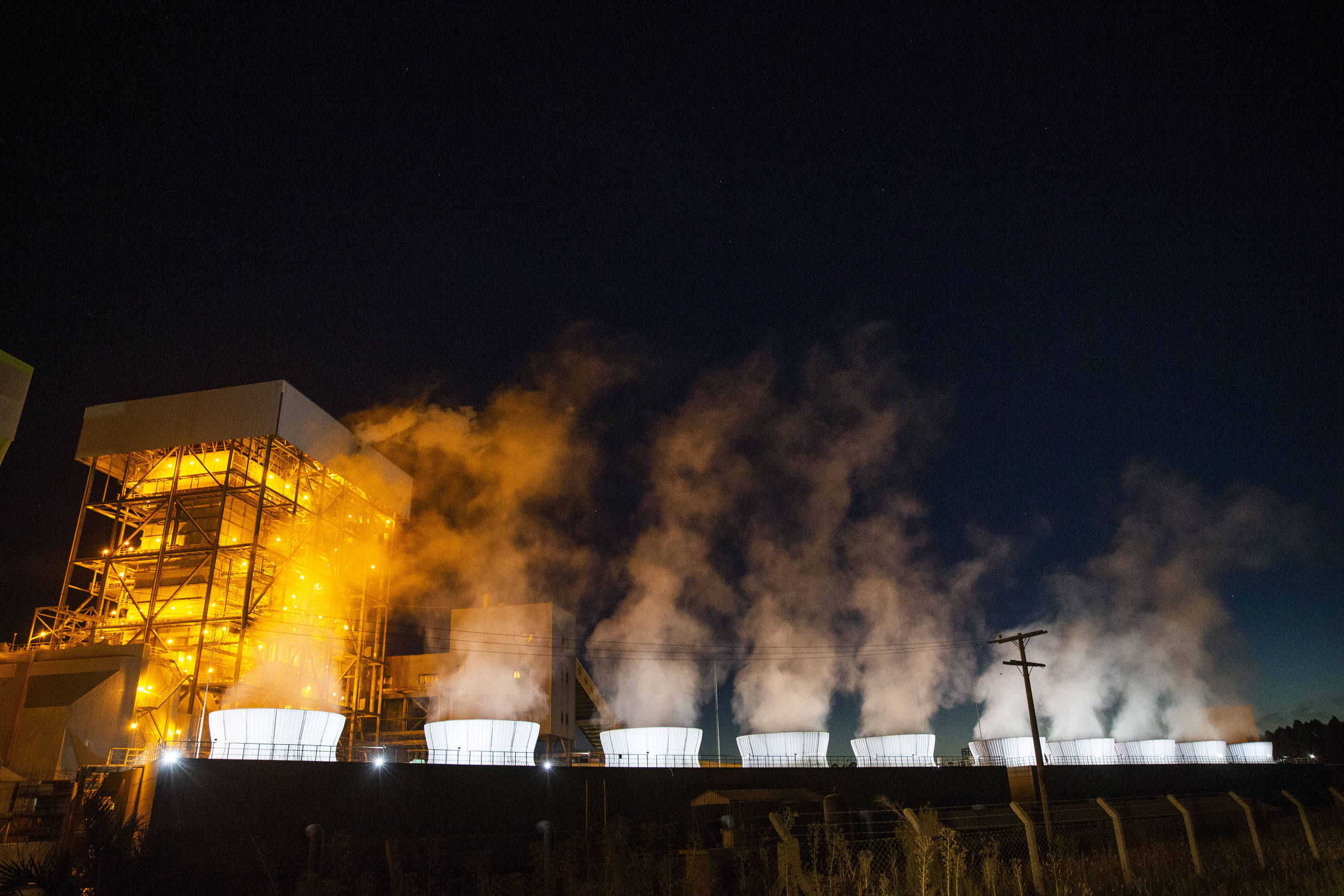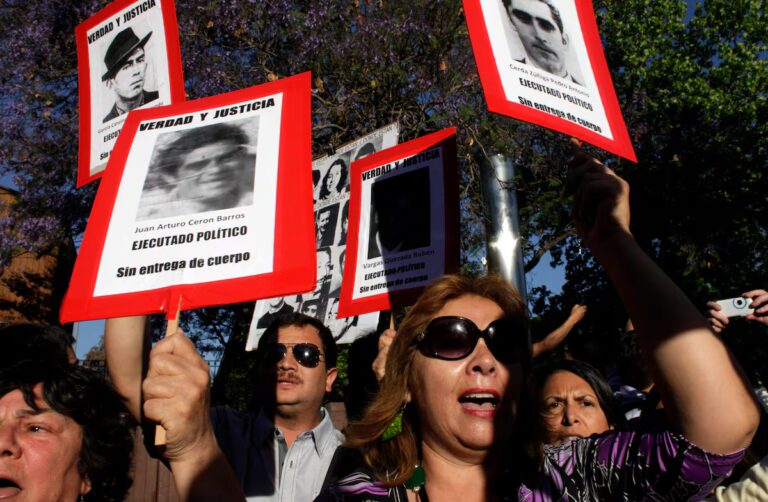
The Transformation Bill of Provisional Measures 1,304/2025 (PLC 10) amending 21 laws related to the operation of the electricity sector is awaiting presidential approval. The special committee deliberations and the plenary sessions of the House and Senate all took place on the same day (October 30).
In this dispute, two rulings offer conflicting paths regarding the compensation that consumers should pay to wind and solar generators for reducing their production (“curtailment”). Part 1 (Article 1)of Article 11 of Law 10,848/2004 approved by the Special Committee) does not allow reimbursement for “reductions” resulting from a deficiency in energy demand. This is correct because it makes no sense to charge consumers for “non-consumption”.
The second decision (Section 1A of the law), approved at the last minute by the full House of Representatives, allows for reimbursement for all past and future “cuts” except those “related solely to excess supplies of renewable electrical energy.” How would you characterize this exception? I don’t know. Who will pay for this naughtiness? We are all “lobbyless” consumers. One of the two decisions must be vetoed. Let’s take the second one.
There were over 400 amendments, most of them to satisfy the interests of particular groups. Some are legal, some are not. A technical note prepared by the Economic Reform Secretariat of the Ministry of Finance sought to separate the wheat from the chaff. But it didn’t get enough attention.
One of the great efforts of PLC 10 was to include water and energy security as one of the goals of the National Water Resources Policy. This is a response to the need to adapt to climate change. In practical terms, water accumulation works, especially in conventional or reversible hydropower plants, could be facilitated through special environmental licenses.
Another excellent initiative was initially approved by a select committee, but was overturned by the full House hours later. The idea was to prevent the uncontrolled expansion of solar panels connected to the electricity distribution system, so-called distributed generation (DG).
For new installations only, R$20 will be charged for every 100 kWh of energy used in the energy exchange, which currently benefits “com-placa”. This charging will facilitate the installation of batteries to store excess energy produced during sunny hours for consumption at sunset.
Unfortunately, the “they want to tax the sun” lobby has won again. Without this sorting brake, imbalances in the power sector are likely to increase, and “cuts” that result in ever-increasing energy consumption will occur more and more frequently.
Another good news, not for us but for coal-fired power plant owners, is that energy sales contracts have been extended until 2040, even though the energy supply is inflexible and emits greenhouse gases.
Business groups interested in installing gas thermoelectric power plants in locations where there was no demand for gas or electricity were similarly fortunate. Language allowing the construction of a gas network at the expense of “no lobby” was not approved. But the next “reform” of the power sector will surely see a renewed battle against public interest.
Link exists: Did you like this text? Subscribers can access it for free up to 7 times a day from any link. Click on the blue “F” below.



